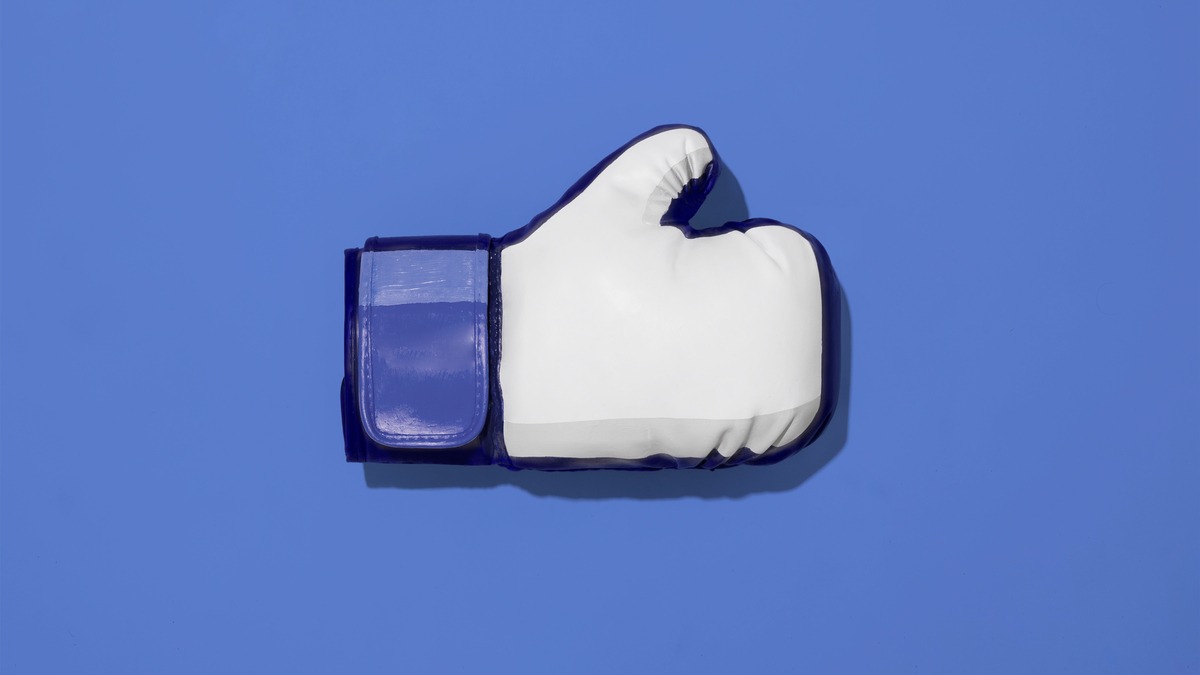Why Good People Turn Bad Online Summary

4 min read ⌚
 Meet the scientists finding out how we can defeat our inner trolls and build more cooperative digital societies.
Meet the scientists finding out how we can defeat our inner trolls and build more cooperative digital societies.
Sometimes, scientists are real heroes in disguise. We don’t pay too much attention to the progress these individuals have in store for us.
In a world where social justice is taking a massive blow, we need every bit of help to control these violent tendencies.
In this book summary, we try to outline the main revelations that compile this book.
Who Should Read “Why Good People Turn Bad Online”? And Why?
Let’s dive right into finding what prompts “The Average Joe” to become a “Mad Joe.” In other words, it’s vital to ascertain the causes that lead to violent tendencies and add to the overall online abuses.
“Why Good People Turn Bad Online” is an excellent addition for every person who participates in online forums, discussions, and chats.
Take notes!
About Gaia Vince
 Gaia Vince is British freelance author, journalist, and broadcaster. As the author of Adventures in the Anthropocene – she was awarded the Royal Society Prize for Science Books.
Gaia Vince is British freelance author, journalist, and broadcaster. As the author of Adventures in the Anthropocene – she was awarded the Royal Society Prize for Science Books.
“Why Good People Turn Bad Online PDF Summary”
For many years, researchers and analysts have conducted reality testing to observe how people tend to behave in a given situation. For the same purpose, they marked “public good games” as the primary tool for making that happen.
Testing people’s urge for cooperation led the researchers into believing that games should receive a higher role in the execution of this strategy. It’s true that people are social creatures who prefer to operate in groups for the sake of the community.
Nevertheless, certain surroundings have an inclination to obstruct the process by instigating a new “every person for himself/herself” kind of behavior.
One may assume that geographical boundaries in the only world serve as a guarantee that users won’t face any judgment based on their digital behavior.
In the meantime, Search Engines such as Google, Bing, Yahoo, accentuate content that leads to higher engagement, regardless of the channel through which such strategy is put in place.
We arrive at a conclusion, that emotional outbursts are well-received in the online era, especially when you have a group of spectators screaming from the side and shouting your name. In other words, it stimulates people to accuse others of their wrongdoings or promoting misleading information.
These studies further testify that the internet is slowly migrating towards a troll-full online.
Indeed, minority groups and women in general, need to go up against these groups of online bullies, who love to engage in discussions and humiliate others. For the same purpose, specific audiences prefer to stay by the side and eschew violence, including tense debates.
Experts agree that this contributes to lesser diversity and lowers the value of the disputation. Public goods games are critical for ascertaining these selfish tendencies and behavior that lean towards hatred.
For the argument’s sake – individuals who originate from places where the corrosive effects of corruption are omnipresent gravitate towards lesser moral decision-making.
These individuals rarely embrace integrity; a conclusion which reveals how people swing from one side to the other. Moreover, persons who experienced this selfishness first hand during the game, are inclined to behave in pretty much the same way in the following challenges.
From such standpoint, it’s merely logical to say that it boils down to how people behave during the game. Creating strong bonds with those who are pro-social and avoiding individuals who prefer ego-centric approach.
Game developers devised several plans to punish some players who step outside the lines of decent gaming behavior. Researchers endorse this strategy because it’s the only way of creating a better online community.
To reduce racist provocations and hate speech, a Twitter bot reminds those individuals who act in a certain way that violent behavior hurts people. In doing so, it reduces racial intolerance and promotes harmony.
The real question is – What do if someone is abusing others this very moment?
Take screenshots, report it to the local police and block that user from further engaging with that community. If the situation is spiraling out of control, inform your friends and family to give you support.
Key Lessons from “Why Good People Turn Bad Online”
1. Take actions and don’t hesitate
2. Don’t turn out bad
3. Join an abuse-free environment
Take actions and don’t hesitate
Researchers took this matter one step further by designing an algorithm that can gauge the level of harassment by a given user.
With such concrete actions, the magic of trolling is taking a decline in terms of intensity.
Don’t turn out bad
If you ever feel like some inner forces are pulling you over to the other side, just stop for a moment and take a breather.
Direct your efforts towards relieving the plight of those suffering from similar abuses. Don’t add fuel to the fire by being ignorant.
Join an abuse-free environment
You don’t have to become an activist to make a difference. Try to find common grounds with those who are drawn toward violence and hatred.
Don’t judge too quickly, try to help these people!
Like this summary? We’d Like to invite you to download our free 12 min app, for more amazing summaries and audiobooks.
“Why Good People Turn Bad Online Quotes”
And people believe that they are spreading good by expressing outrage – that it comes from a place of morality and righteousness. Share on X What we’ve created online is an ecosystem that selects for the most outrageous content, paired with a platform where it’s easier than ever before to express outrage. Share on XOur Critical Review
Well, whether we hate to admit it or not, we all had our moments on the internet.
Such quarrels are frequent, and abuses happen on a global scale. Putting a strain on them can really help the world to become a better and more tolerant place.








